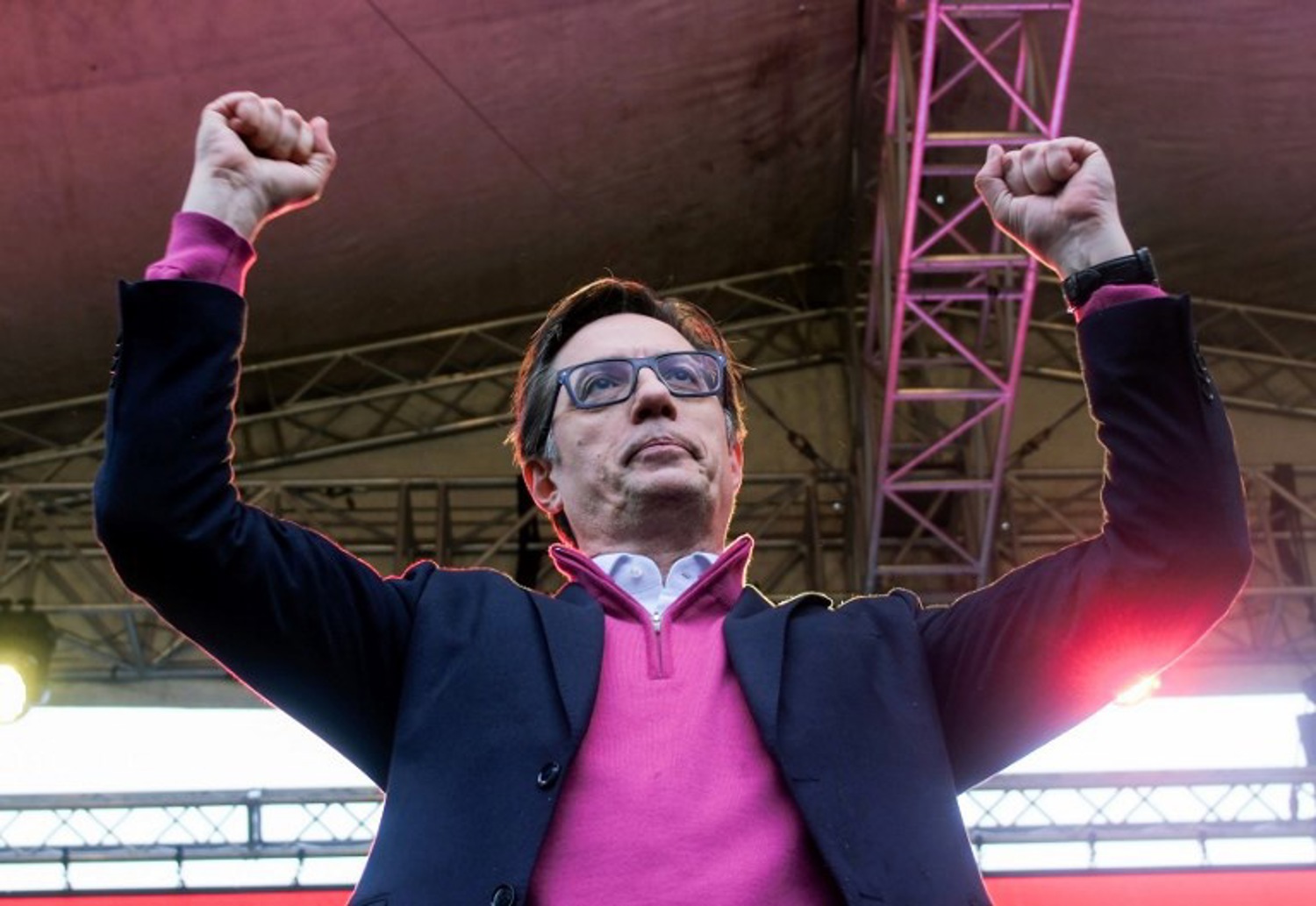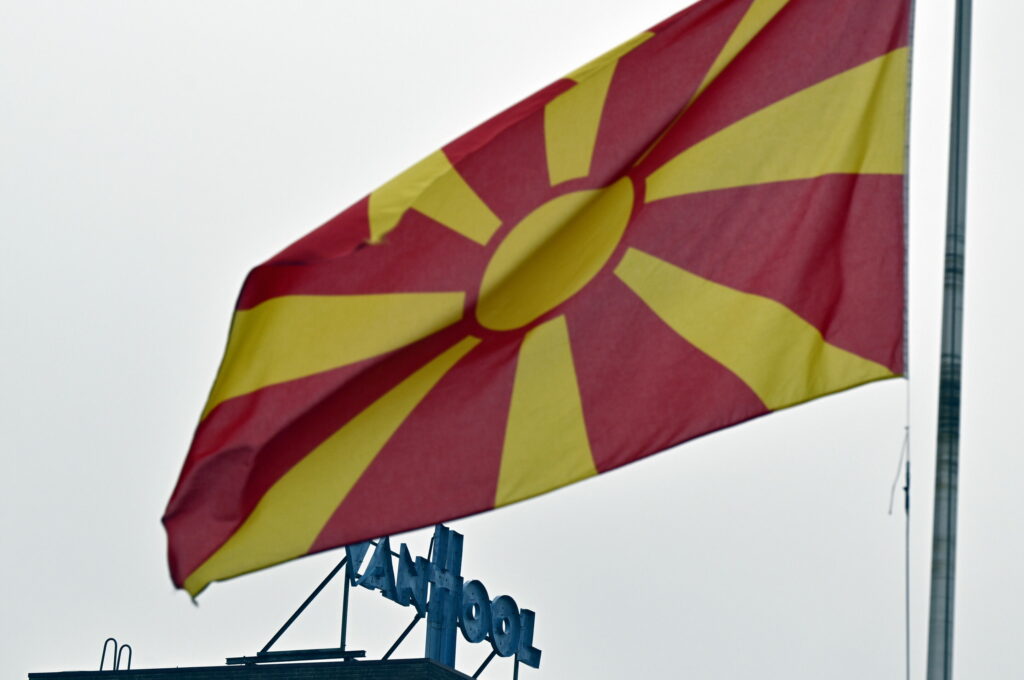Polling stations opened in North Macedonia on Wednesday for the first round of presidential elections, framed by a vital question regarding the nation’s future: whether to accept the terms proposed by the EU for membership.
The political life of this Balkan state, home to 1.8 million inhabitants, has been embroiled for years in debates about meeting EU demands and those of neighbouring Bulgaria, who initially insisted that the Macedonian language be considered a mere Bulgarian dialect, a claim rejected by Skopje.
Subsequently, Bulgaria demanded the inclusion of the Bulgarian minority in the constitution, which, if not met, could put North Macedonia’s potential EU membership negotiations at risk.
The two main candidates for the presidency of this country – which has already changed its name to put an end to a conflict with another neighbour, Greece – do not agree on the response to give to Brussels.
Stevo Pendarovski, the social democratic incumbent lagging in the polls with 16% of intended votes, wishes to immediately amend the constitution to help further EU membership talks, which North Macedonia has been involved in since receiving candidate status in 2005.

North-Macedonia incumbent president Stevo Pendarovski. Credit: Belga
Contrarily, his main opponent Gordana Siljanovska-Davkova, representing the leading right-wing party, VRMO-DPMNE, wishes to delay amending the constitution until after EU membership is achieved. She is currently leading in the polls with 26% of voting intentions.
"If merely amending the constitution were sufficient to join the European Union, we would already be members," said 71-year-old Siljanovska-Davkova on the campaign trail, vowing not to "forget national interests."
These elections not only reflect the public’s stance towards the EU, but will also likely reveal the balance of power within the nation’s various political factions ahead of the second electoral round and legislative elections on 8 May.
Further candidates include the country’s Foreign Affairs Minister Bujar Osmani, representing the Albanian DUI party, and Arben Taravari, supported by a coalition named 'Vlen' (It’s Worth It). Their support or otherwise in the second round will be crucial.

